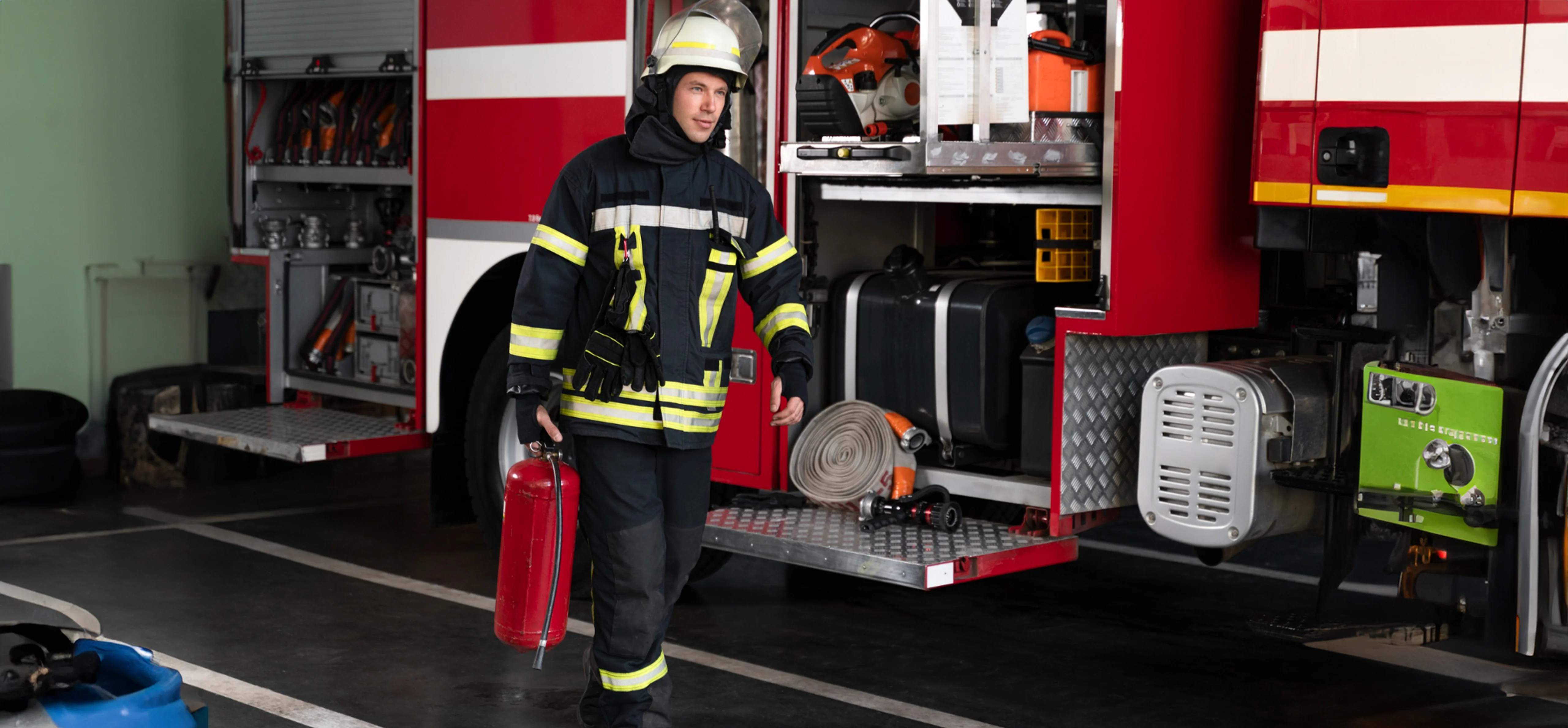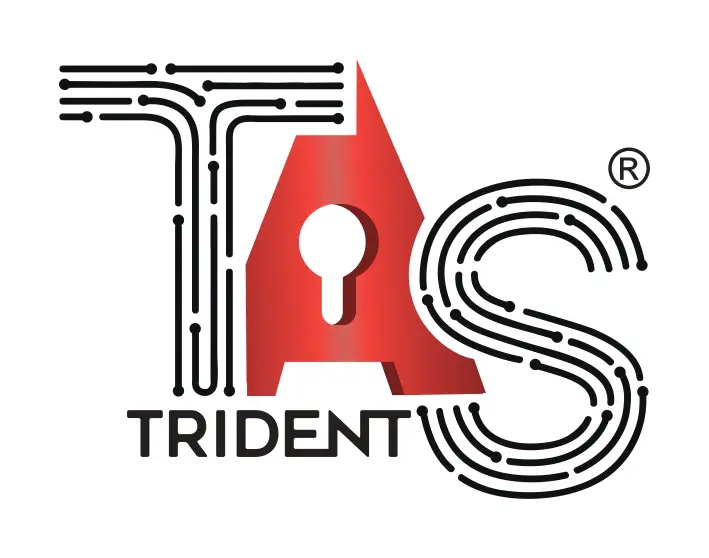
Fire Safety Rules in Mumbai: Regulations, Guidelines, and Compliance for 2025
Fire safety is one of those aspects that can lead to a massive tragedy when overlooked. Reports show that fire incidents are more common in India than expected, and further investigation shows that most of them were avoidable.
When it comes to a densely populated city like Mumbai, fire safety becomes a life-saving necessity. With residential towers, bustling commercial complexes, and crowded educational institutions, the risk of fire-related accidents continues to rise.
To address this, the Maharashtra government, along with the Mumbai Fire Brigade, has enforced strict fire safety rules in order to prevent, control, and mitigate fire hazards. Keeping up with fire safety regulations can be the key factor that prevents a disaster instead of a near miss. This guide will walk you through Mumbai's most important fire safety regulations, including fire extinguisher rules, building compliance, and safety norms for workplaces and schools.
Overview of Fire Safety Rules and Regulations in Mumbai
Fire safety in Mumbai is managed by the Mumbai Fire Brigade and regulated under the Maharashtra Fire Prevention and Life Safety Measures Act of 2006. These bodies together set the foundation for the fire safety regulations across residential, commercial, and institutional buildings. The rules align with the National Building Code of India (NBC) and with central government norms to acknowledge the unique needs of Mumbai’s urban space.
Basic fire safety requirements include providing multiple fire exits in buildings, installing smoke detectors and alarms, using fire-retardant materials, and having emergency evacuation plans. Moreover, access to fire extinguishers and hydrants is important, along with regular fire drills and staff training.
Buildings Covered Under Mumbai Fire Regulations
- High-rise residential complexes
- Commercial and industrial buildings
- Schools, colleges, and training institutions
- Hospitals and public-use buildings
- Malls, theatres, and entertainment venues
Fire Safety Requirements for Residential Buildings
Mumbai’s rising living demands call for strict compliance with fire safety rules to prevent tragic incidents. For this reason, housing societies and apartment complexes are required to follow a clear set of fire safety rules and regulations designed to minimize the risks. In addition, communities must adhere to fire extinguisher protocols, overseeing routine maintenance and timely refilling. Failure to adhere to fire safety regulations may lead to fines and the cancellation of occupancy permits.
Key Requirements Include:
- Clearly marked fire exits on every floor
- Smoke detection systems and fire alarms in Mumbai must be integrated with central monitoring capabilities.
- Adequate placement of fire extinguishers in lobbies, staircases, and near electrical panels
- Regular fire drills are conducted to make sure residents are well-prepared for evacuation procedures.
- Regular fire drills to inform residents about proper evacuation methods
- Clear entry points for fire department vehicles and designated safe zones
Fire Extinguisher Rules for Businesses in Mumbai
For businesses like retail shops, offices, warehouses, or manufacturing units, there are rules that require the premise to adhere to specific fire extinguisher rules for business, which are mandated by the Mumbai Fire Brigade. These fire extinguisher regulations in the workplace are essential for safeguarding employees, assets, and operations alike. Besides, it is also important to know what kind of fire extinguisher in Mumbai is needed based on the specific risk. For instance, CO₂ extinguishers are ideal for IT offices, while foam-based systems are better for textile warehouses.
At the same time, training and compliance are crucial for fire safety, including mandatory fire drills and extinguisher training for all staff, with a particular focus on clear fire safety signage and escape routes. Additionally, it is mandatory for buildings to secure a No Objection Certificate (NOC) from the Fire Department.
Types of Fire Extinguishers Required:
Businesses must install extinguishers suitable to the fire class risk they face:
- ABC extinguishers for general fires
- CO₂ extinguishers for electrical fires
- Foam and water extinguishers for combustible materials
- Specialized extinguishers for chemical or industrial fires
Placement and Maintenance Guidelines:
- Extinguishers must be mounted on walls and clearly labeled
- Placement should be within 15 meters of travel distance from any point
- Routine checks, refills, and pressure tests must be done at least once a year
- Inspection logs must be maintained for audits
Fire Safety in Educational Institutions
In cases of educational institutions, schools in Mumbai are legally bound to follow strict fire safety in schools regulations to assure student and staff safety. These rules are enforced by the Education Department in collaboration with the Mumbai Fire Brigade. These fire safety rules aim to foster a culture of safety and readiness from a young age. Non-compliance can lead to license suspension or school closure under fire and safety regulations.
Mandatory Safety Measures Include:
- Installation of fire alarms, smoke detectors, and extinguishers in classrooms and corridors
- Conducting regular fire drills and emergency evacuation training sessions for both students and staff is essential.
- A designated Fire Safety Officer on campus
- Clear signage for exits and assembly points
- Functional fire hydrants and water storage systems
Inspection, Compliance, and Penalties
To enforce fire safety regulations, the Mumbai Fire Brigade conducts regular inspections of buildings across all sectors. Each establishment is required to obtain a No Objection Certificate (NOC) to certify compliance with local fire regulations.
What the Inspection Covers:
- Structural safety (exits, ventilation)
- Functional fire extinguishers and alarm systems
- Training records and fire drill logs
- Accessibility for emergency response vehicles
Non- compliance leads to penalties including immediate shutdown orders, fines ranging from ₹25,000 to ₹1,00,000, legal action under the Maharashtra Fire Act, and the revocation of trade licenses or occupancy certificates.
Therefore, to stay compliant, it is important to schedule annual fire audits, maintain proper records of safety equipment maintenance, train staff, and conduct mock drills at least once every six months.
Conclusion
Fire safety in Mumbai is a responsibility that we all share, whether it is at home, in businesses, or at schools. By following the city's fire safety rules, like properly maintaining fire extinguishers and keeping up with inspections, we can drastically reduce fire risks.
Whether it is complying with workplace extinguisher standards or meeting school fire safety regulations, staying on top of these measures is not just about following the law but protecting lives. In a city like Mumbai, which is constantly evolving, keeping up with updated fire and safety regulations isn’t a choice; it is essential.
copyright © Trident Automation Systems Pvt. Ltd. All rights reserved.

